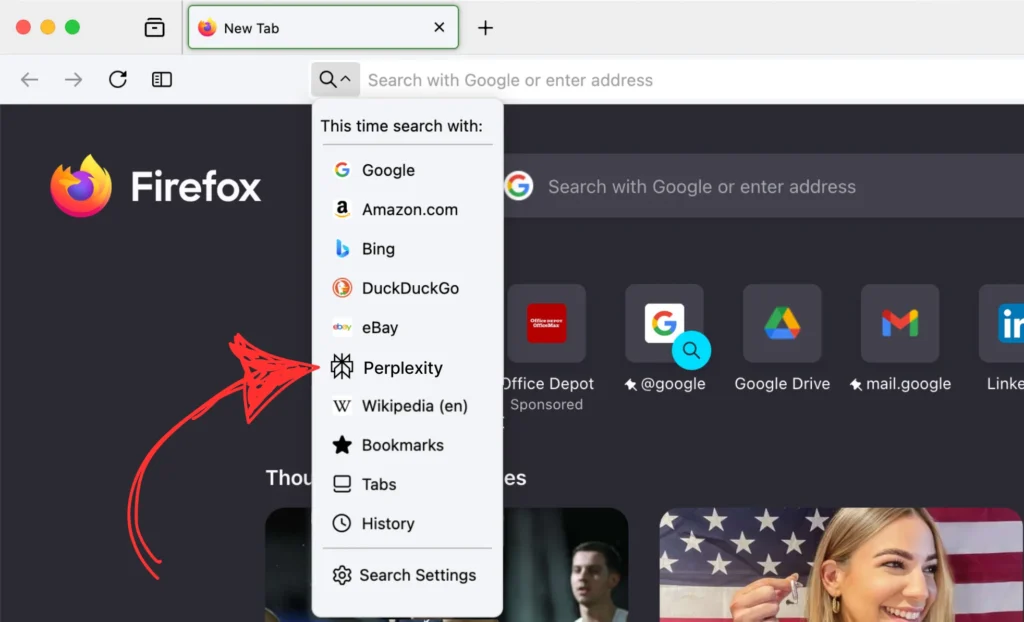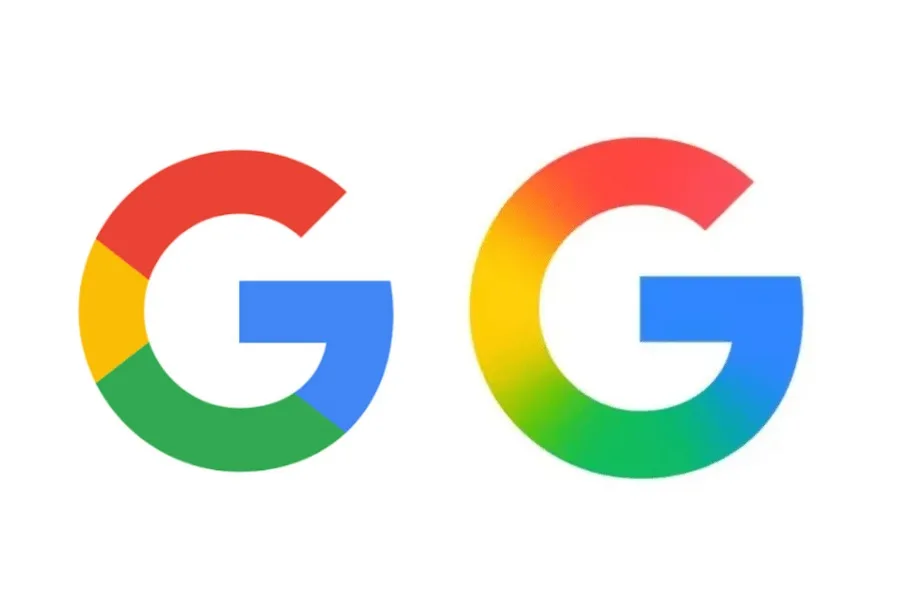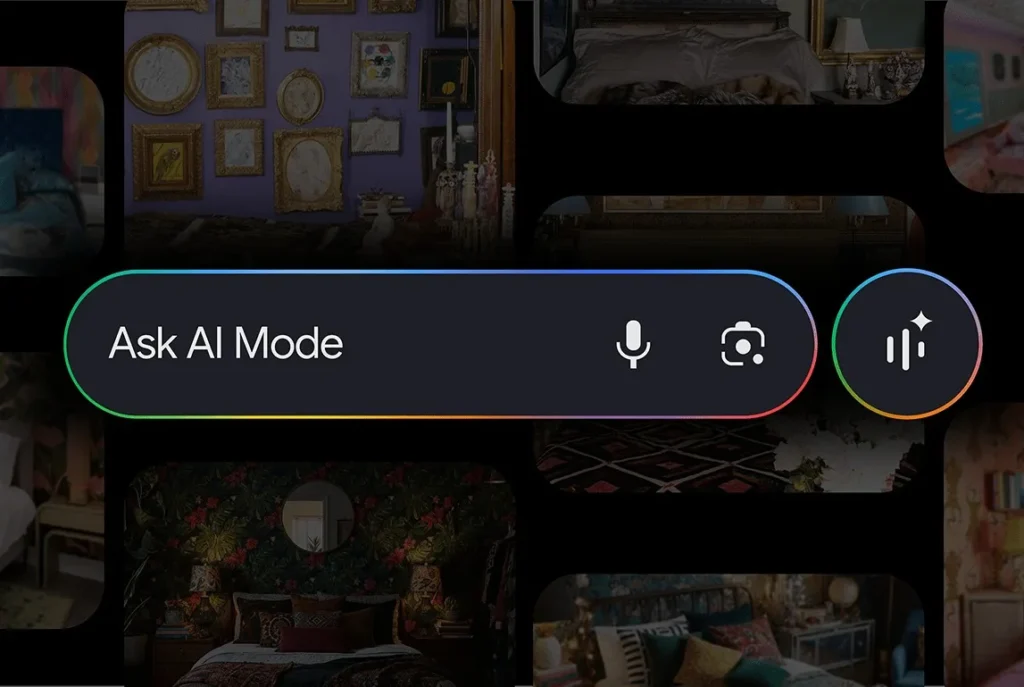Mozilla integrates Perplexity AI into Firefox: the smart alternative to classic search
As tech giants race to enhance their browsers with AI, Mozilla embraces a more open and user-centric approach.
The company has officially announced the integration of the Perplexity AI search engine into Firefox, allowing users to replace their default search engine—such as Google, Bing, or DuckDuckGo—with an AI-driven option.
A New Search Experience Integrated into Firefox
Having been tested in several markets (US, UK, Germany), the integration of Perplexity is now rolling out globally for desktop users, with plans for a mobile version in the coming months. Specifically, the option will be available in the unified search menu in the address bar.
Users can switch to Perplexity on the fly, or set it as their default search engine through the browser’s settings.
Perplexity offers a conversational search experience: results are provided as synthesized answers with citations, rather than a list of links. This functionality is more akin to ChatGPT or Gemini, but integrated directly into the traditional browser.
Why Choose Perplexity Over Others?
Mozilla opted for Perplexity for a straightforward reason: privacy protection. Unlike other AI engines, the company claims it does not sell or share its users’ personal data.
This stance aligns perfectly with Firefox’s philosophy, which prioritizes transparency and user control. “The goal is not to replace the web but to provide an alternative way to access it,” Mozilla explained in its statement.
Should the feedback remain positive, Mozilla plans to open Firefox to other AI engines in the future, fostering an ecosystem where each user can choose their own intelligent search experience.
A More Customizable Firefox Than Ever
Additionally, Mozilla has announced the global availability of browser profiles. This feature, tested for several months, allows users to create multiple distinct environments—such as work, study, or personal—each with their own favorites, extensions, and settings. This flexibility has been well-received by professional users.
Finally, users who have Google set as their default search engine can continue to experiment with visual search via Google Lens, a feature that Mozilla is still testing on the desktop version.
A Different Vision of AI in Browsing
While Microsoft integrates Copilot into Edge and Opera embeds Aria directly into its interface, Mozilla takes a more modular approach: no enforced AI, but explicit choices left to the user.
This strategy is consistent with the open-source culture of the browser—providing tools without dictating their use.
In a landscape where search is becoming increasingly conversational, this openness may appeal to privacy-conscious users eager to leverage artificial intelligence.




